Article published in nº11 Africa Supply Chain (Contribution)
In a complex context, the African continent is facing a situation where the repercussions of climate change are increasingly interfering with the mechanisms of its supply chains. It is essential to analyse the implications of this interconnection in depth in order to propose appropriate and sustainable solutions.
Increased vulnerability
Climate change is exacerbating the vulnerabilities already present in African supply chains. The increased frequency and intensity of extreme weather events, such as droughts, floods and storms, is significantly disrupting critical infrastructure such as roads, bridges and ports, hampering the smooth flow of air, sea and land transport. This disrupts the flow of goods and causes considerable damage to stocks.
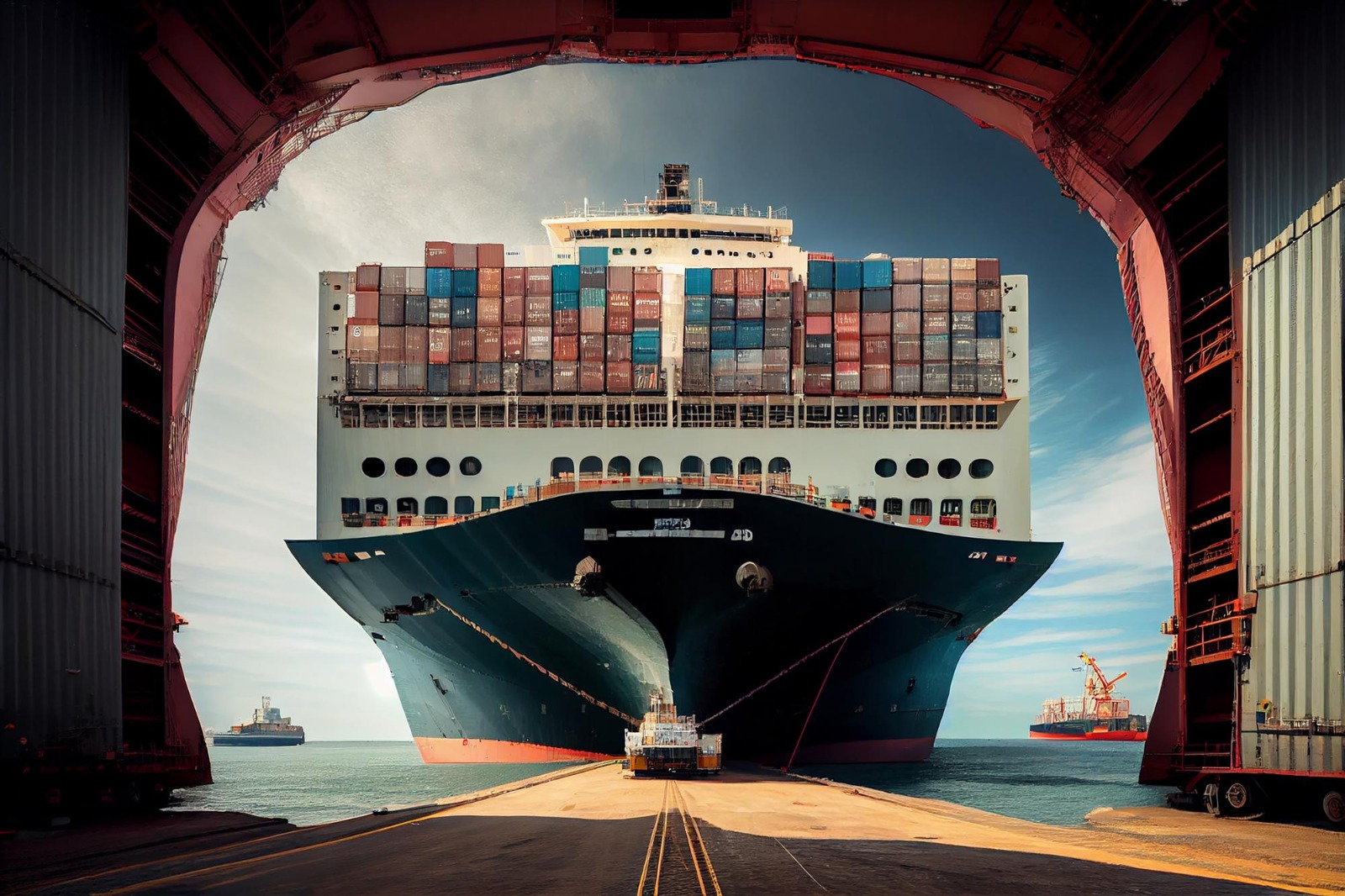
In addition, land degradation and changes in rainfall adversely affect agricultural production and water availability, both of which are essential for food security and the supply of raw materials.
Economic and social repercussions
The disruption to African supply chains caused by climate change is having significant economic and social consequences. Increased dependence on food imports undermines food security and increases the vulnerability of populations.
The slowdown in economic growth is impacting industries and services, hampering job creation and exacerbating social disparities. Poverty and food insecurity are likely to worsen, amplifying the continent's socio-economic challenges.
Adaptation and mitigation strategies
Given the urgency of the situation, it is imperative to put in place concerted, multi-dimensional strategies to strengthen the resilience of African supply chains in the face of climate change.
- • Strengthening resilience
To ensure the resilience of our transport network, massive investment in sustainable and resilient infrastructure is required, such as roads and bridges capable of withstanding extreme weather events.
To minimise the risks associated with dependence on a single supplier, it is imperative to diversify sources of supply, favouring local and regional circuits to ensure a more robust continuity of supply.

The implementation of early warning systems and contingency plans is essential to anticipate disruptions and mitigate their negative effects on our operations.
To reduce our carbon footprint and optimise our logistics processes, we need to invest in the development of sustainable and innovative technologies throughout our supply chain.
- • Collaboration and cooperation
Strengthening collaboration between the various players in the supply chain is crucial to ensure a fluid flow of information, encourage the adoption of best practices and create synergies that benefit all the partners involved.
International financial and technical support is essential to help countries develop resilient infrastructures and adopt sustainable technologies. Mobilising the necessary resources will strengthen the capacity of nations to meet environmental and logistical challenges.
Promoting dialogue and coordination between African countries is essential to encourage the sharing of expertise and the development of common adaptation and mitigation strategies. By working together, African nations can better address the challenges of climate change and food security.
Focus on Africa
Faced with the challenges facing African economies, increased international support, particularly in terms of funding, technology transfer and capacity building, is imperative to foster sustainable and inclusive development.

Prioritising infrastructure development in Africa is crucial to stimulating economic growth, creating jobs and diversifying the continent's economies. Investment in roads, ports and telecommunications is essential to strengthen regional integration and encourage trade.
Promoting sustainable agriculture is essential for guaranteeing food security and preserving natural resources in Africa. By adopting farming practices that are resilient to climate change, farmers can ensure the availability of food and contribute to the fight against poverty.
To meet the challenges of climate change and drive the transition to sustainable supply chains, it is necessary to build local capacity by developing the necessary expertise and skills. This includes training and awareness-raising programmes to promote more responsible management of natural resources and sustainable business practices.
It is absolutely essential that the challenges of climate change are effectively taken into account in the management of African supply chains. Investment in resilient infrastructure, diversification of supply sources, collaboration between stakeholders and international support are essential pillars in building a more sustainable and prosperous future for the continent.
Mapathé SOW
- Publishing Director of OR NOIR AFRICA
- Expert Consultant in Communication & Digital Transformation
- Specialist Oil, Gas & Energy




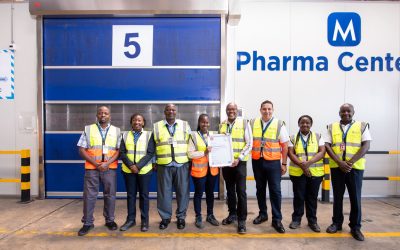
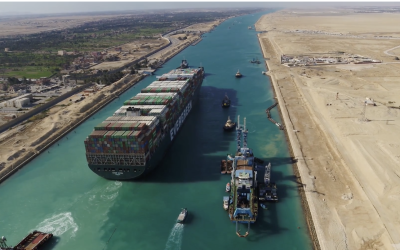
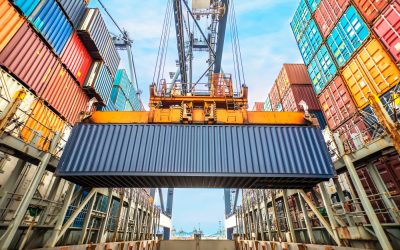

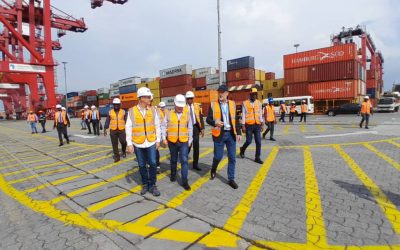










0 Comments